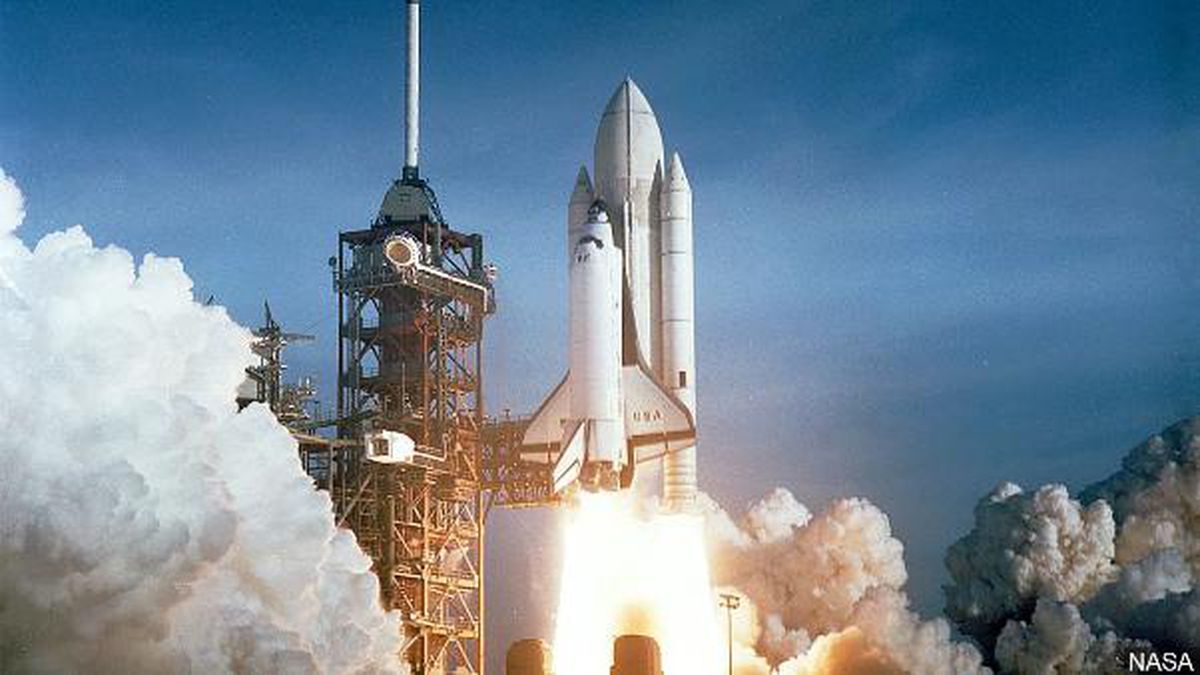Six decades after man first landed on the Moon, a new "space race" is on the roll.
Musk plans to put humans on Mars by 2026 and ultimately, send one million people to the planet by 2050. The tycoon also said the plan includes building 1,000 Starship rockets within 10 years and launch an average of three Starships per day.
A NEW more vigorous space race has just started joined not only by perennial player-states like the US and Russia but also by big and moneyed private tech firms.
These space explorers are sparing no effort in their bid to outreach each other and hit the proverbial pay dirt in space travel, exploration, and even colonization of new and unknown planets.
In the first quarter of 2021 alone, the United Arab Emirates’ Hope probe reached Mars on February 9 with the mission to study the Red Planet’s atmosphere and its layers.
Then, on February 18, NASA’s $2.7 billion rover, the Perseverance, successfully landed on the Red Planet’s Jezero Crater to study its geology, characterize its climate, search for ancient microbial life, and potentially help pave way for the first human mission in Mars.
China’s Tianwen-1 spacecraft has similarly made orbit around Mars to scout a prospective landing site for its own rover.
Among the other plans of Beijing is to establish its own space station in 2022, send a crewed lunar mission around 2029 to the 2030’s, and potentially build a base on the Moon.
The said plans are China’s way of realizing its own space ambitions. The rising power aims to catch up with its American and Russian counterparts in dominating the last frontier.
Tech companies enter the game
Elon Musk’s SpaceX and Jeff Bezo’s Blue Origin were among the notable private companies allocating funds in pursuit of space exploration, and possibly, the future human colonization of Mars and beyond.
Musk plans to put humans on Mars by 2026 and ultimately, send one million people to the planet by 2050.
The tycoon also said the plan includes building 1,000 Starship rockets within 10 years and launch an average of 3 Starships per day.
While for Bezos, the need to explore space is driven on the potential resources out there that can be beneficial for the people back on Earth.
Space hotel
On the other hand, the world’s first space hotel will also become a reality sooner than we expected.
According to the Gateway Foundation, they are planning to the start the construction of the ‘Voyager’ station in 2025 and make it operational by 2027.
The said space hotel is designed to accommodate up to 400 people.
The company has similar goal with Richard Branson’s Virgin Galactic which aims to make space tourism a reality and available.
Not a believer
Not everyone though shares the same level of enthusiasm for these plans. For some, the problems of Earth are more pressing than allocating billions of resources to Mars or space tourism.
In an interview with Sara Swisher’s “Sway” podcast, Microsoft cofounder Bill Gates expressed his indifference with Musk and Bezos over space colonization and travel.
"No, I'm not a Mars person," he said. "I don't think rockets are the solution.”
Gates also said he’d rather focus his resources on Earth and the resolution of its present challenges.
Whatever objectives there are for exploring the vastness of space, it is uplifting to know that these are all rooted on the benefit of all mankind. (JT)
